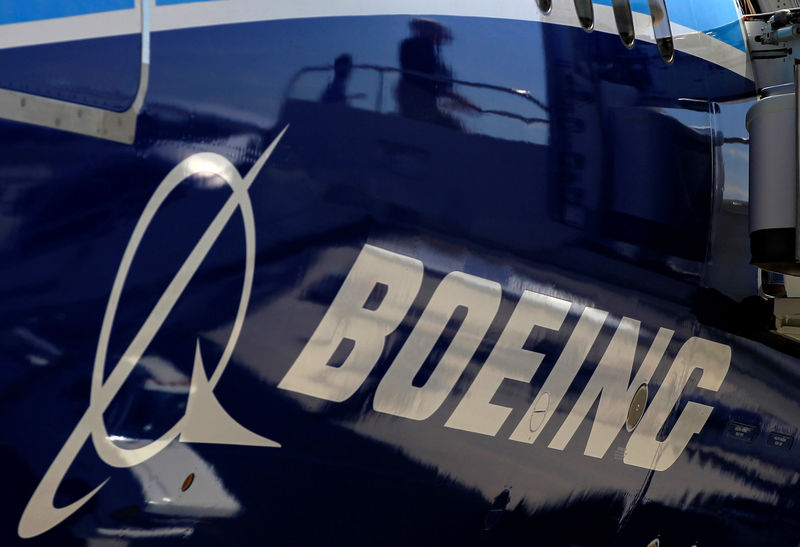By David Lawder
WASHINGTON (Reuters) - Licenses for Boeing (NYSE:BA) Co and Airbus to sell passenger jets to Iran will be revoked, U.S. Treasury Secretary Steven Mnuchin said on Tuesday after President Donald Trump pulled the United States out of the 2015 Iran nuclear agreement.
Trump said he would reimpose U.S. economic sanctions on Iran, which were lifted under the agreement he had harshly criticized.
The pact, worked out by the United States, five other world powers and Iran, lifted sanctions in exchange for Tehran limiting its nuclear program. It was designed to prevent Iran from obtaining a nuclear bomb.
IranAir had ordered 200 passenger aircraft - 100 from Airbus SE, 80 from Boeing and 20 from Franco-Italian turboprop maker ATR. All the deals are dependent on U.S. licenses because of the heavy use of American parts in commercial planes.
Boeing agreed in December 2016 to sell 80 aircraft, worth $17 billion at list prices, to IranAir under an agreement between Tehran and major world powers to reopen trade in exchange for curbs on Iran's nuclear activities.
The U.S. Treasury Department, which controls licensing of exports, said the United States would no longer allow the export of commercial passenger aircraft, parts and services to Iran after a 90-day period.
"The Boeing and (Airbus) licenses will be revoked," Mnuchin told reporters at the Treasury. "Under the original deal, there were waivers for commercial aircraft, parts and services and the existing licenses will be revoked."
European planemaker Airbus said on Tuesday before the Mnuchin news conference that it would study Trump's decision, adding that it would take some time.
Following the 90-day period ending Aug. 6, the Treasury also said it would revoke a license that allowed U.S. companies to negotiate business deals with Iran. The Boeing license had been valid until September 2020, a person involved in the deal said.
"As we have throughout this process, we’ll continue to follow the U.S. government’s lead," Boeing spokesman Gordon Johndroe said before Mnuchin's comments.
Mnuchin said it may be possible for some companies over the next three months to seek waivers from the sanctions or new licenses to do business with Iran, but he did not identify which companies.
"That's something we'll consider on a case-by-case basis, but as an overview, I would say that the purpose is to broadly enforce the sanctions," he said, adding the administration's objective was to deny Iran access to the U.S. financial system.
Boeing Chief Executive Dennis Muilenburg said last month the airplane manufacturer had no Iranian deliveries scheduled this year. He said Boeing's 777 production plan "is not dependent on the Iranian orders." Muilenburg is set to address the Economic Club of Washington on Wednesday.
The IranAir order included 15 Boeing 777-300ER long-range jets. Industry sources said Boeing had been tentatively due to send Iran three 777s this year but had reshuffled deliveries with other buyers.

Shares of Boeing closed down $2.06, or 0.6 percent, at $338.37 on the New York Stock Exchange after Trump's announcement.
